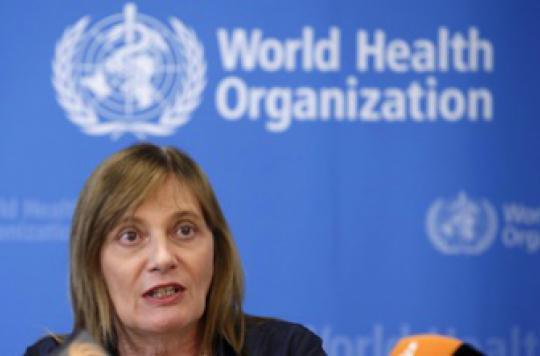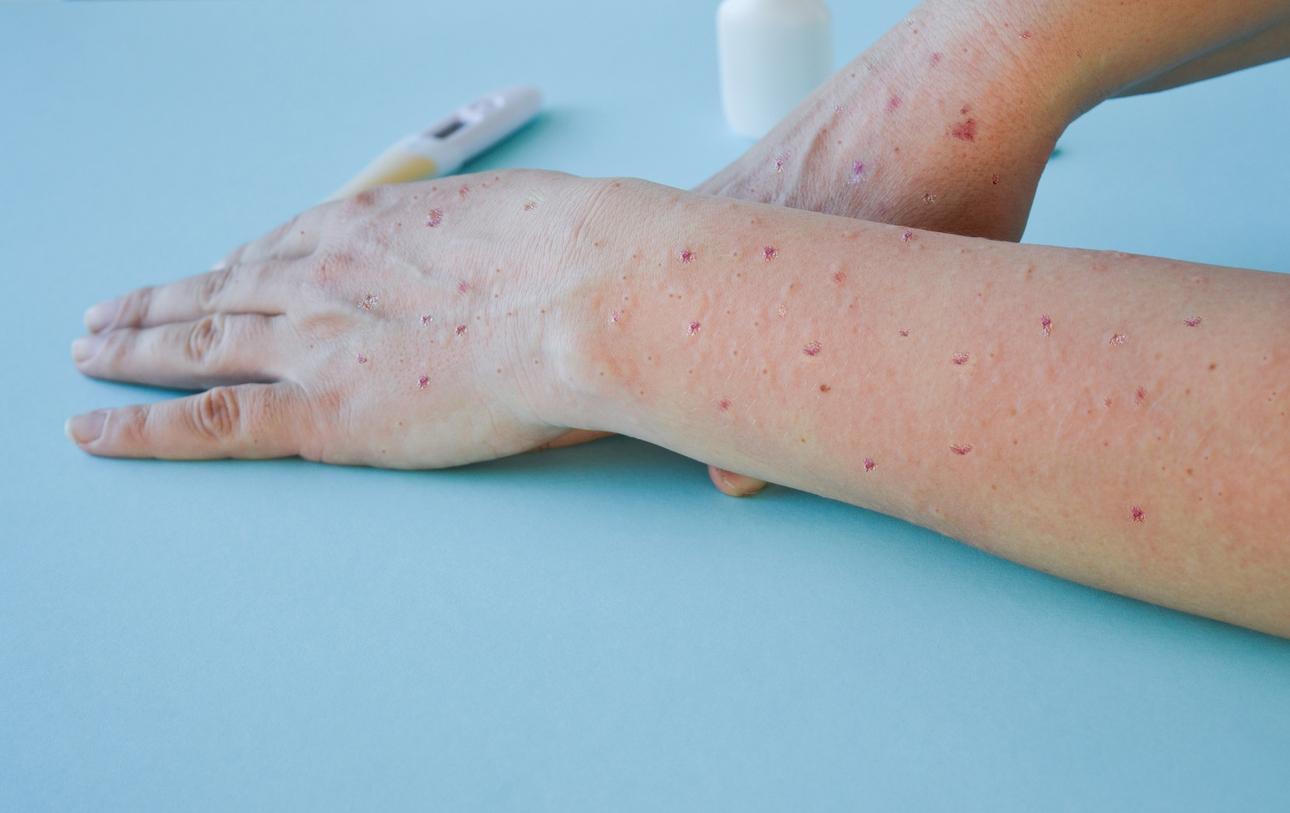On Tuesday, the WHO approved the use of unauthorized drugs to fight the Ebola epidemic. Treatments whose effectiveness is not known, as well as the side effects.

After convening an ethics committee, the World Health Organization (WHO) on Tuesday approved the use of unauthorized treatments to fight the Ebola epidemic currently raging in West Africa (1013 deaths recorded since March 2014). “Faced with the circumstances of the epidemic and subject to certain conditions being met, the committee reached a consensus that it is ethical to offer unauthorized treatments whose efficacy is not yet known as well as the effects. secondary, as a potential treatment or as a preventive measure, ”explains the Organization in a statement released today.
This WHO opinion thus opens the way to a larger-scale use of the experimental antibody, the “ZMapp” serum, developed in a private laboratory in the United States.
For the moment, it has only been administered to two American volunteers on a mission infected there (Liberia), and who have been repatriated to the United States and quarantined. Both patients responded positively to the treatment. However, a Spanish priest who benefited from the same experimental serum (Spain had exceptionally authorized the import), on the other hand died on Tuesday. In this context, there is no doubt that this WHO position will not take long to react.
Treatments of which no one knows the side effects
Contacted Monday by why actor, Dr Sylvain Baize, who was the first to discover the “Zaire” strain of Ebola in his Lyon laboratory, and refused to take a position “for” or “against” these experimental treatments. According to him, two ethical questions arise in the face of such a dilemma: “Do we have the right to administer a treatment that has never been tested in humans to people who will naturally survive the Ebola virus?” ? If everyone died from the infection there would be fewer questions. But faced with this strain of Ebola, there are nearly half of the patients who will survive naturally after being infected. However, these patients will also receive treatment when they did not necessarily need it. And the problem is that these products “potentially” have side effects since we don’t know them yet. “
Difficult to produce on an industrial scale
For this reason, the WHO committee has defined as conditions for the use of these treatments “absolute transparency as to care, informed consent, freedom of choice, confidentiality, respect for people, preservation of dignity. and community involvement. “
In addition, the experts refer to the “moral obligation to collect and share data on the safety and effectiveness of these interventions” which must be constantly evaluated for their future use.
Finally, in addition to this opinion, the committee has identified certain areas which, according to these experts, need further discussion. Among them, “the need to succeed in setting ethical criteria in order to ensure an equitable distribution of experimental treatments between the communities in the various affected countries. “
An ethical question on which Sylvain Baize was skeptical yesterday. According to him, “These experimental treatments are unlikely to benefit everyone. We recently saw that there were already difficulties in producing the “ZMapp” on an industrial scale. Suddenly, we always wonder who will benefit from this treatment. The question that we can all ask ourselves is: “To whom will the doses be distributed and in what quantity (s)?” He concluded.
.















